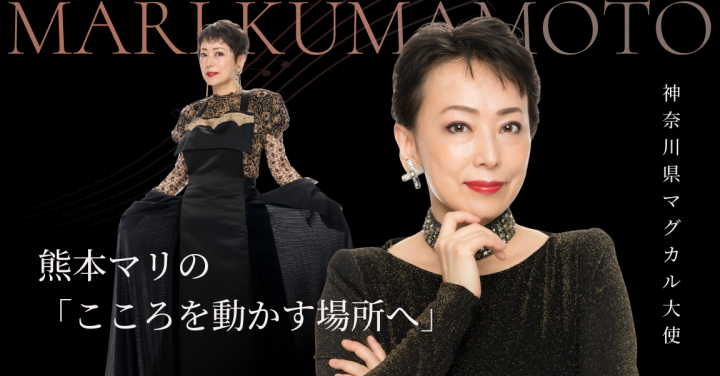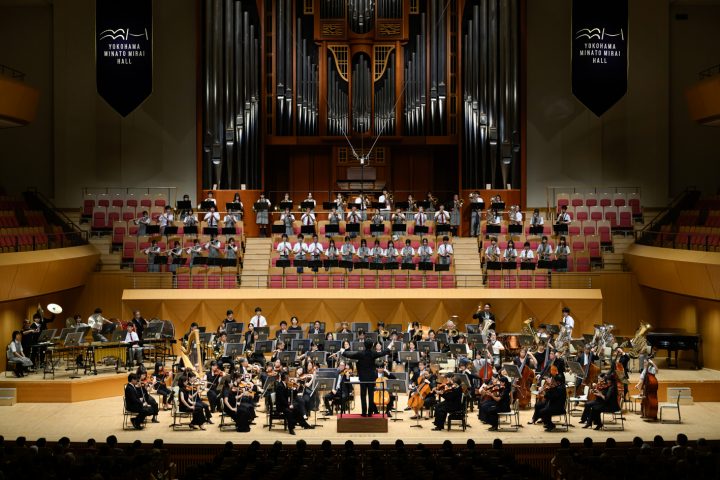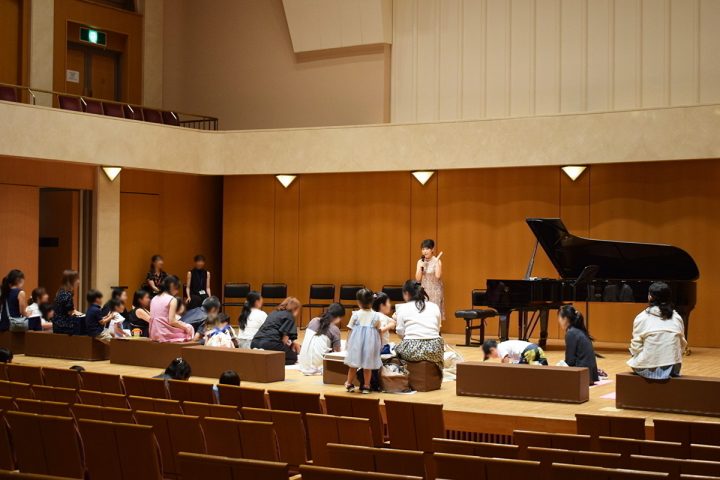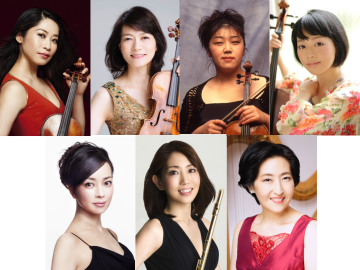Be enthralled by the goddesses playing Debussy
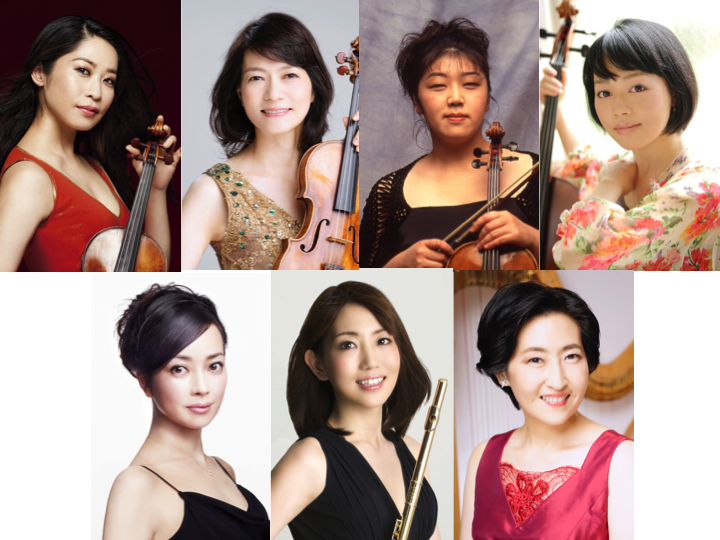
(TOP image) Kawakubo Saki (C) Yuji Hori / Kobayashi Mie (C) Akira Muto / Kawamoto Yoshiko / Endo Mari (C) Nakayama Katsumi
Yurie Miura (C) Yuji Hori / Yoshie Ueno (C) Akira Muto / Naoko Yoshino (C) Akira Muto
Enjoy casually! Life with concerts
File.3 Claude Debussy: 100 Years After His Death: Chamber Music Retrospective
(Mitsuzo Mori / Music writer)
Claude Debussy (1862-1918), a great French composer famous for his symphonic poem "La Mer," decided to compose "Six Sonatas for Various Instruments" in his final years. This was partly to rival the German composers who were flourishing at the time, and to make the world aware of the greatness of French music.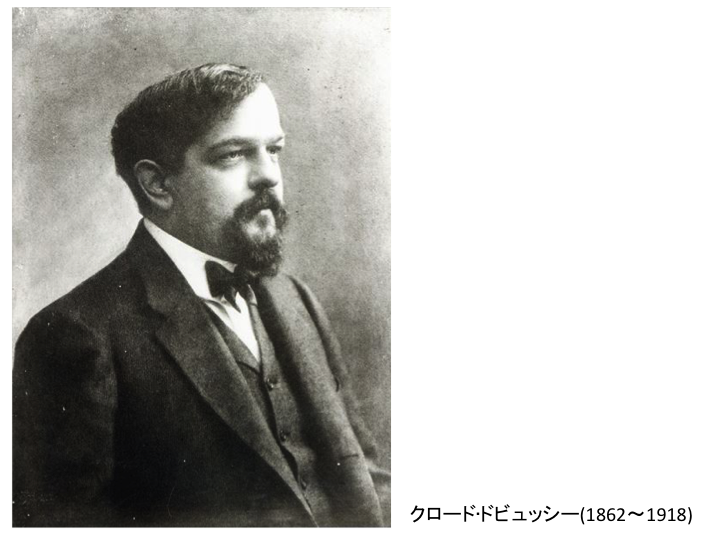
I've started off very seriously, but back then, and even now, most composers in the classical music world are of German descent. If I were to list them all, they would all be of German descent, including Bach, Mozart, Beethoven, of course, but also Brahms, Wagner, Mendelssohn, and so on.
It may sound a bit harsh, but German music is extremely particular about structure and form. When you begin to get a glimpse of this "form," you're like, "I get it!" and it makes you feel intrigued. And then it becomes "fun!" and "we can talk about it!", and I actually love it.
So what about Debussy's music?
I still remember very well how I felt when I first heard it.
I don't really understand.
It's fluffy.
Is it somehow stylish?
It's sparkling and beautiful.
Music that is hard to beat.
But it felt so freeing...that was refreshing.
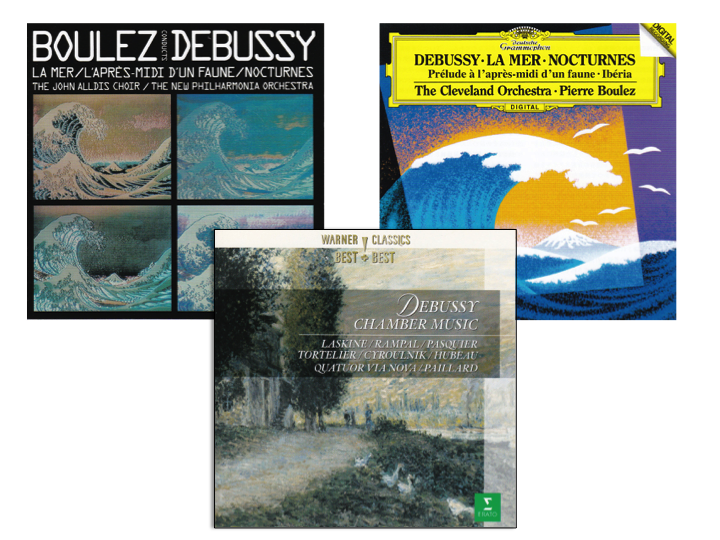
There is certainly a nuance reminiscent of the touch of French Impressionist painters.
If Monet tried to depict the transition of light and the passage of time within the fixed plane of a painting, it could be said that Debussy evoked colorful, three-dimensional images in the listener's senses through the temporal art of music. (Incidentally, Debussy himself apparently disliked being called an "Impressionist.")
The music of those influenced by Debussy, such as contemporary composer Toru Takemitsu and jazz pianist Bill Evans, is free, elusive, and crystal clear.
To commemorate the 100th anniversary of Debussy's death, a concert featuring all of his chamber music will be held at Philia Hall in Yokohama's Aoba Ward, a hall of fame perfect for enjoying small ensembles.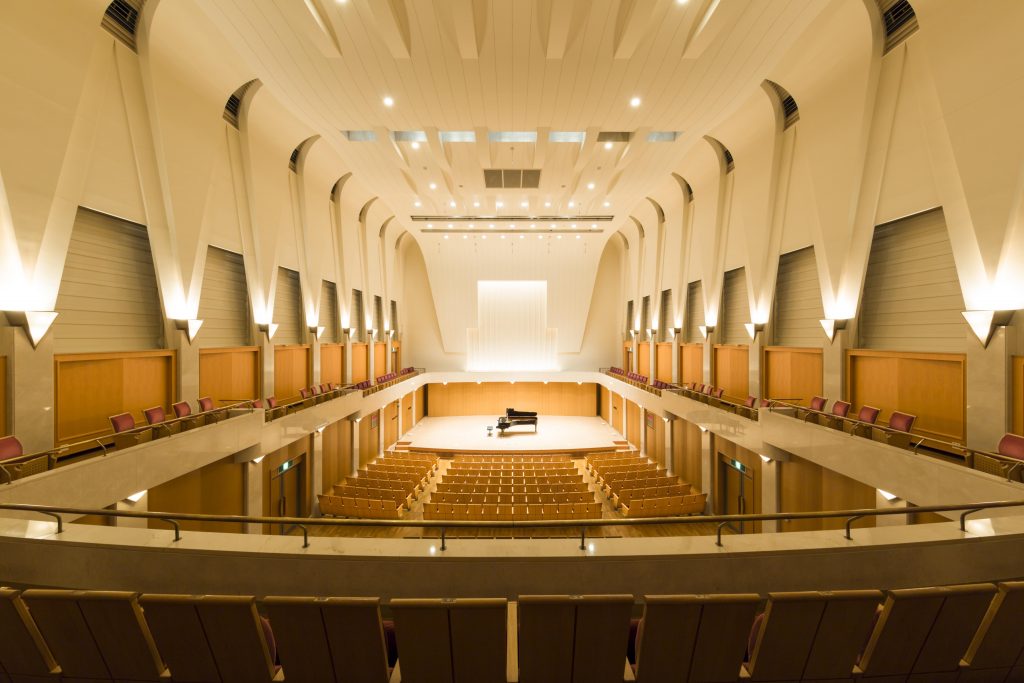 The instruments used are violin, viola, cello, piano, flute, and harp. From solo performances to ensembles of up to five people, the program offers a variety of combinations to enjoy the sounds and resonances.
The instruments used are violin, viola, cello, piano, flute, and harp. From solo performances to ensembles of up to five people, the program offers a variety of combinations to enjoy the sounds and resonances.
The performers are all talented musicians who are regulars in Philia Hall's popular series "Encounter with the Muses," and of course, all of them are experts in French music. It's easy to imagine Debussy, who didn't dislike women (in fact, he's said to have had a lot of trouble with them), grinning with delight in the afterlife.
Of course, the sonatas he composed in his later years, when he aimed to compose six but ultimately only managed to compose three before his death, will also be performed.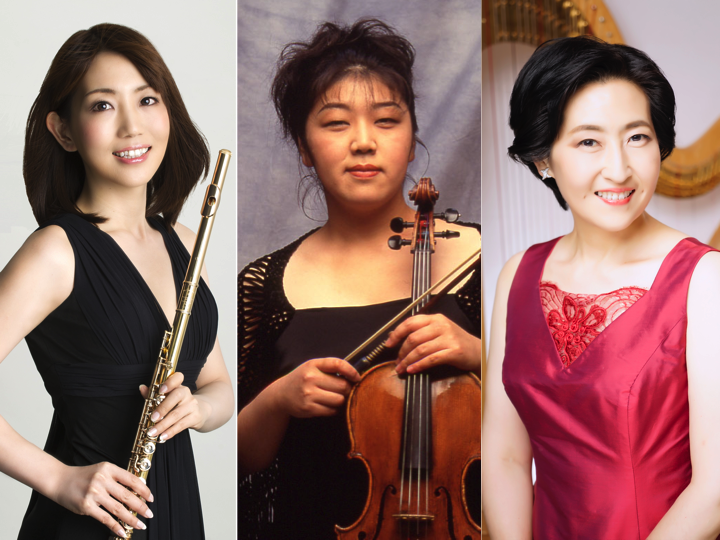
Yoshie Ueno (C) Akira Muto, Yoshiko Kawamoto, Naoko Yoshino (C) Akira Muto
My personal recommendation is "Sonata for Flute, Viola and Harp."
The main melody has a mysterious and slightly unapproachable atmosphere.
I try my best to follow along by ear.
The anxiety of suddenly losing sight of it.
And the sense of relief when it appears again out of nowhere.
Naoko Yoshino is the best in the world at playing this piece, and her beautiful harp skills are simply amazing. Enjoy!
Philia Hall 25th Anniversary Concert
Claude Debussy: 100th Anniversary Chamber Music Retrospective
Date: Saturday, November 24, 2018
Venue: Philia Hall, Aoba Community Cultural Center, Yokohama
Start time: 14:00 / End time: 16:30
Price: (All seats reserved) S seats ¥6,000 / A seats ¥5,500
